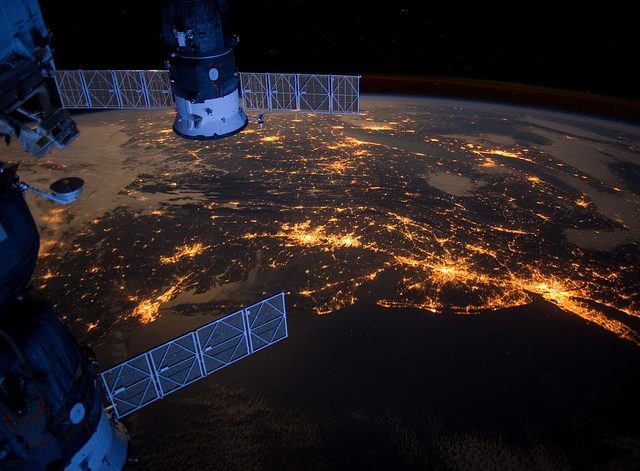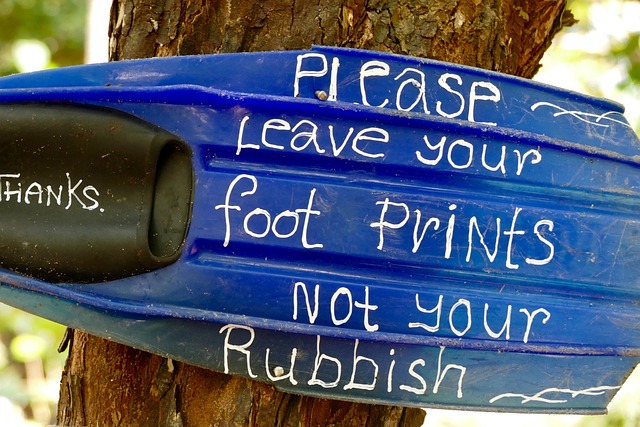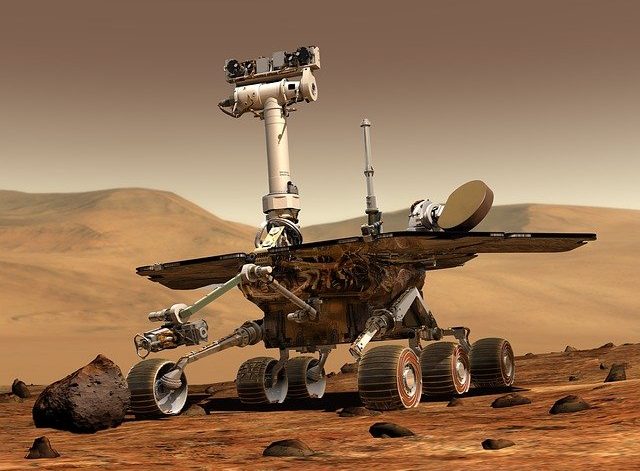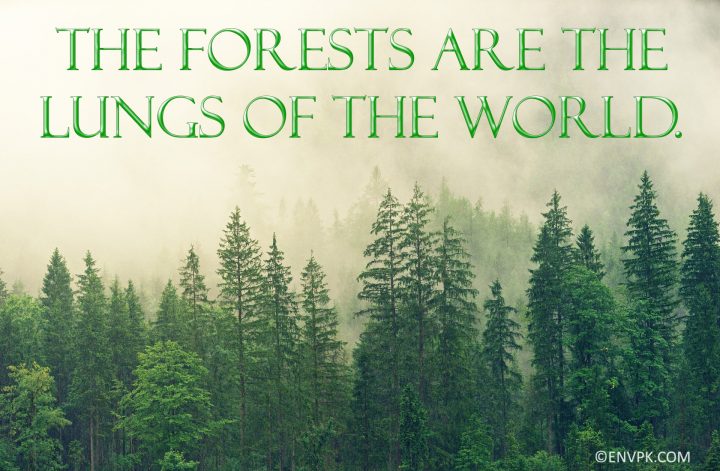INTRODUCTION
GIS: It stands for Geographic Information System. It is defined as a framework that works on the principles of data collection, management, and evaluation. It is a vast field of science related to geography that combines complex data structures. It evaluates the spatial position and assembles layers of informative data into images. For example, 3D scenes and maps are created by using GIS technology.
Also read: What is Environmental Science and Why is it Important?
APPLICATIONS OF GIS IN ENVIRONMENTAL SCIENCES
The GIS technology can be employed in various subjects of environmental sciences that include urban planning, wastewater management, environmental impact assessment, impact prediction, disaster management, monitor marine pollution and air pollution, hazard identification, forest fire management, etc.
ADVANTAGES OF GEOGRAPHIC INFORMATION SYSTEM IN ENVIRONMENTAL STUDIES
The advantages of GIS are listed below.
1. Quick Access to Data: GIS technology gives quick access to information or data that is getting stored by various components of GIS.
2. Cost-Effective Method: The use of GIS technology is considered a cost-effective and modern method for predicting complex phenomena.
3. Better Decision Making: It helps in better decision-making regarding many projects and also it has improved communication among concerned parties.
4. Visual Data Representation: The geographic data gets represented through visual imageries that can be easily understood.
5. Keep Track of Complex Data: It keeps the track of complex data and records ongoing changes in spatial locations.
Also check out: Branches of Environmental Science – Interdisciplinary Field
WHAT IS REMOTE SENSING TECHNOLOGY?
It is defined as a process that detects and monitors the physical attributes of a location by remotely computing emitted and reflected waves. It is a process of acquiring a set of information about the Earth from a remote location.
APPLICATIONS OF REMOTE SENSING IN ENVIRONMENTAL SCIENCES
Remote sensing has various applications in the field of Environmental Sciences that include a wide variety of subjects. Remote Sensing has its remarkable uses in hydrology, meteorology, urban planning and management, forestry/forest cover, droughts and soil conditions, etc.
ADVANTAGES OF REMOTE SENSING IN ENVIRONMENTAL STUDIES
The advantages of remote sensing are listed below.
1. Date Representation through Satellite Images: The acquired data is represented through satellite images that keep permanent records.
2. Monitors Ecological Factors: Remote sensing helps in monitoring ecological factors of the Earth such as air and water quality, agricultural fields, etc.
3. Requires Less Fieldwork: One advantage of using remote sensing is large data can be managed through computers while less fieldwork is required.
4. Quick Access to Satellite Images: Satellite images that identify various landscape features can be easily accessed through remote sensing.
5. Multipurpose Use of Satellite Images: Satellite images obtained through remote sensing can have various uses and interpretations.
You might also like: 31 Topics for Environmental Science Assignment Presentation
CONCLUSION
The technology of GIS and Remote Sensing has vast applications in the field of environmental sciences. Within minutes the complex spatial data can be analyzed and presented through visual images. A quick comparison of ongoing environmental crisis can now be monitored and preventive measures could be suggested and adopted in no time. The use of GIS and RS technology provides quick access to stored data, efficiency in work performances, and enables decision-making based on the availability of GIS data. GIS is finding its deep roots in emergency operations that can allow the real-time representation of information.
Also check out: What Is Environmental Toxicology And What Are Its Branches?
I hope you all liked this post! Please comment below if you have any suggestions, comments, or feedback! We at #envpk love hearing from our readers! Thanks!




